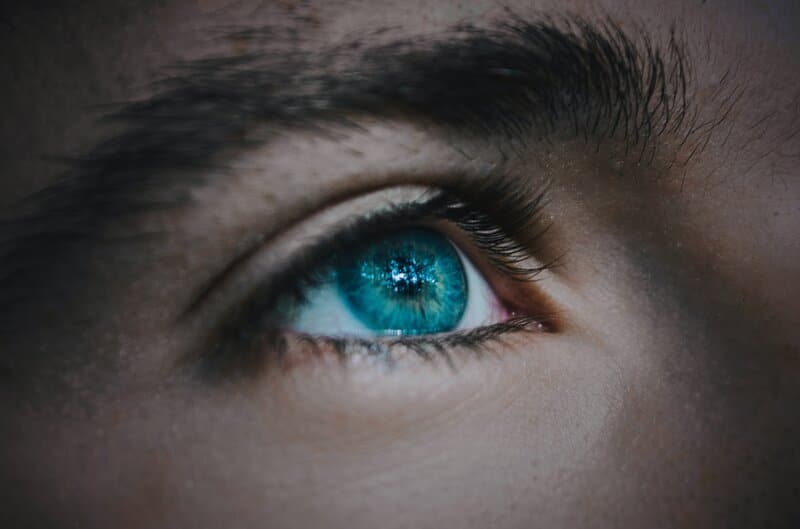
News
How your eyes work

Our eyes are fascinating, powerful things that work very hard to provide us with a clear, beautiful view of the world. It’s estimated that around 80% of everything that we learn about our surroundings is through our sight. It’s natural for their power to diminish over time but a brief understanding of how your eyes work can help give you some ideas to protect them for as long as possible.
The Eye

The above is a detailed diagram of the human eye and its many different parts. Light enters the eye through the pupil and the image is formed at the back of the eye on the retina. So, every beam of light that our pupil collects makes a detailed, intricate journey through our eyes before we see the final, focused image.
How the image forms
Once light has entered the eye, the iris, cornea and lens focus the image on the retina. The retina is extremely light-sensitive and consists of millions of nerve cells which form the optic nerve.
Light is focused on the macula, a tiny area in the middle of the retina which is responsible for providing us with clear, detailed, central vision. When light hits the retina, the message is sent down the optic nerve to the brain. When the messages from the optic nerves in both eyes meet in the brain, the brain very cleverly combines the information to show us the image.
Common eye problems explained
Refractive errors -There are many types of refractive errors including myopia (short-sightedness), hyperopia (long-sightedness) and astigmatism (blurred vision). They are usually caused by changes in the cornea or lens, which is natural with aging and can often be improved with glasses or a contact lens prescription.
Glaucoma -This is when the optic nerve becomes damaged, usually due to a build up of fluid. It’s often characterised by a loss of peripheral vision or seeing halos around lights.
Cataracts -These are cloudy patches which develop in the lens, often due to aging or injury. They can grow causing blurry or misty vision and even blindness, if not treated or removed.
Age-related macular degeneration -This happens when the macula begins to stop working properly, resulting in loss of central vision. Symptoms include distorted vision, difficulties with reading and extra sensitivity to glare.
If you ever notice any changes in either your vision or the physical appearance of your eyes, you should consult an optician as soon as you can. Some conditions can result in severe sight loss if left untreated, so it’s always best to catch them as early as possible.
